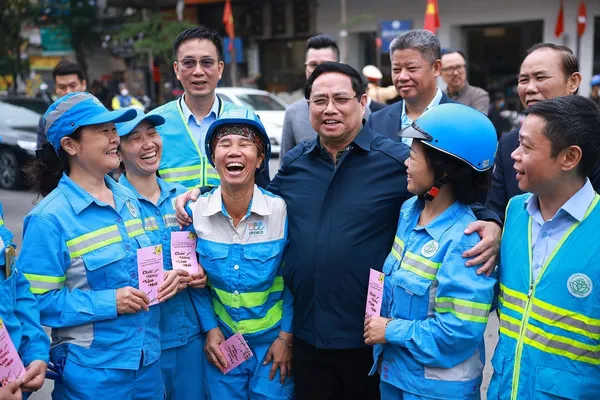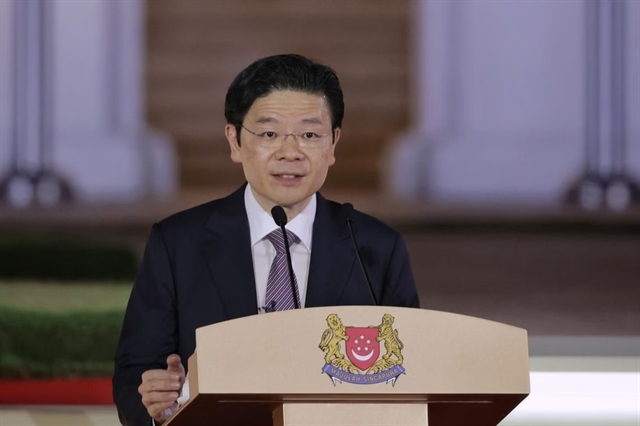 World
World


|
| Prime Minister Lawrence Wong said Singaporeans have to decide on the team that should lead the nation. — THE STRAITS TIMES/ANN File Photo |
SINGAPORE — Singapore dissolved its Parliament on Tuesday in preparation for an upcoming general election that is expected to serve as a key test for Prime Minister Lawrence Wong, who succeeded Lee Hsien Loong last year.
According to a government statement, 97 parliamentary seats will be contested in this election - four more than in the previous term. Nomination Day has been set for April 23, while the official polling date is set on May 3.
The election comes against the backdrop of ongoing global trade tensions. The Southeast Asian country has revised its 2025 economic growth forecast down to 0–2 per cent from 1–3 per cent.
Election at time of ‘profound changes in the world’
Prime Minister Lawrence Wong said he has called a general election now as the world is undergoing profound changes, becoming more uncertain, unsettled and even unstable, and Singaporeans have to decide on the team that should lead the nation.
“The global conditions that enabled Singapore’s success over the past decades may no longer hold,” he said on his social media accounts on April 15.
“That is why I have called this general election. At this critical juncture, Singaporeans should decide on the team to lead our nation, and to chart our way forward together.”
The upcoming election is PM Wong’s first as prime minister and secretary-general of the PAP.
Leading the ruling party into election, PM Wong said then that he would present the PAP’s case to Singaporeans, and that he hopes Singaporeans will give him and his team the chance to do their best for the people in these difficult times.
He also said then that the ruling party will field more than 30 new candidates – the largest number in recent history – in its 2025 slate.
GE2025 comes at a time when there is an ongoing trade war between the United States and China, and follows US President Donald Trump’s imposition of sweeping tariffs on most of the world’s countries.
On April 9, the US said it would pause the “reciprocal tariffs” for 90 days, with the exception of tariffs on China, which are currently at a staggering 145 per cent. This sparked retaliation from China, which raised its tariffs on American goods to 125 per cent, effective from April 12.
Singapore is subject to the flat duty of 10 per cent that Trump placed on goods arriving from all foreign countries, which took effect on April 5. — THE STRAITS TIMES/ANN




